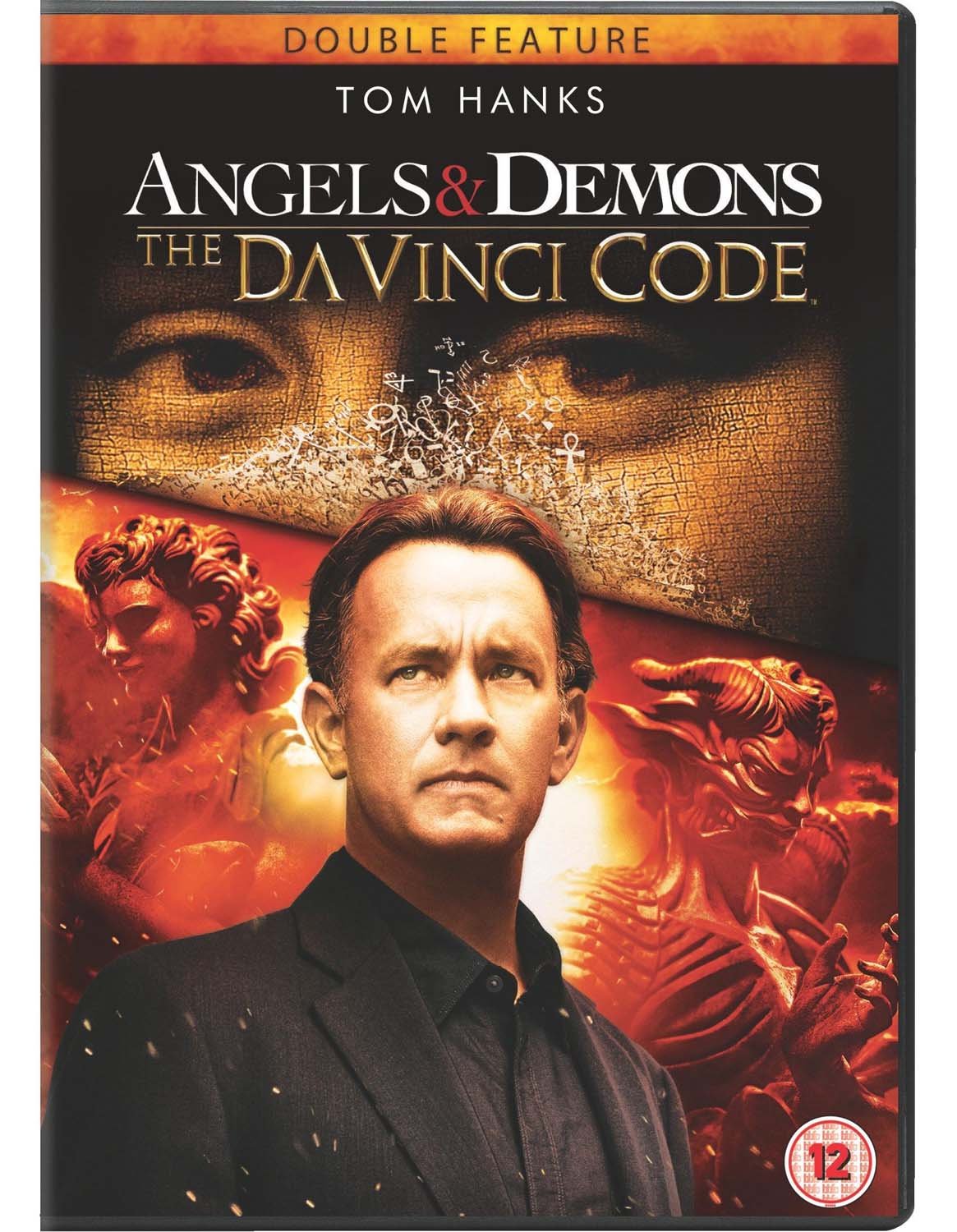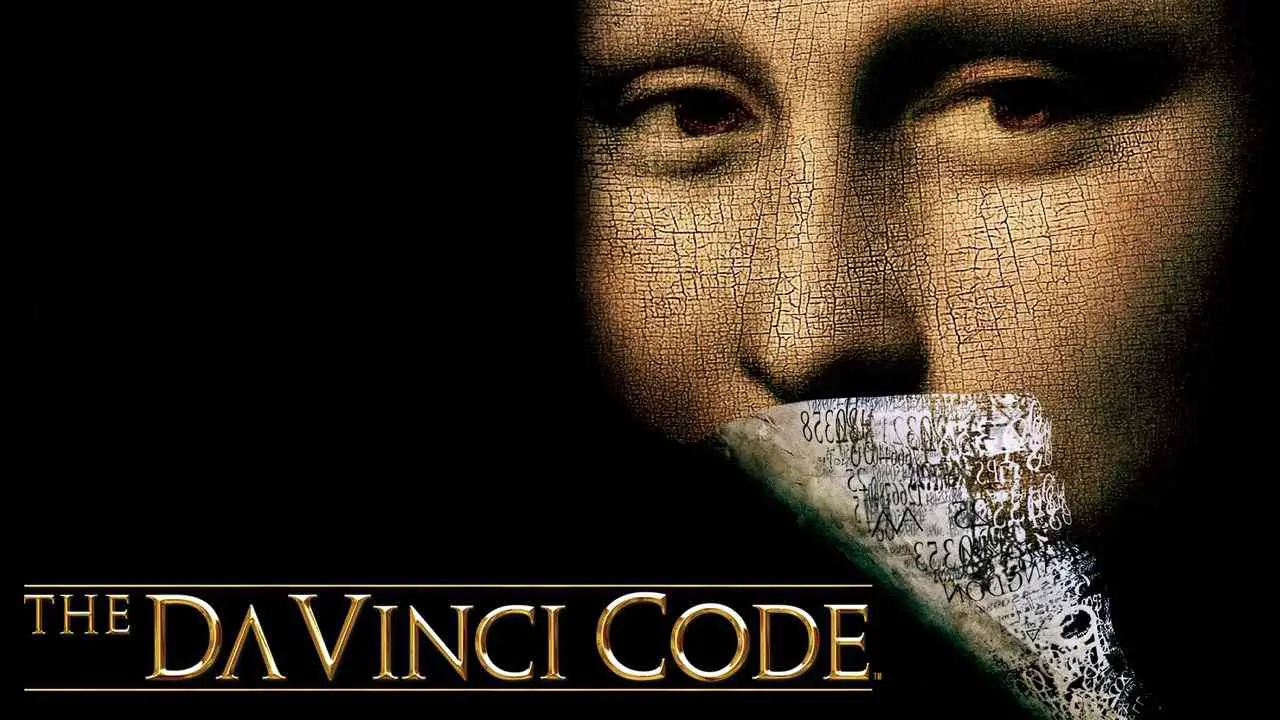

The smart thing that any Christian should have done then, and should do now, is to give the film a fair run, if only so it can prove how ridiculous it is, and then use it to start a dialogue that potentially could open up the Gospel to people for real. Such a gesture, on whatever grounds, serves to paint Christians as thin-skinned sheep, seeking to shut down a debate which they should be having and encouraging. We are dealing with an organisation which stationed nuns outside screenings of The Exorcist in America, sprinkling paying punters with holy water as they went in and giving them support numbers to call on their way out.īy calling for a boycott of the film, the Catholic Church (or individuals and elements therein) played completely into the hands of both the filmmakers and the church's critics. It's certainly not the first film that's drawn the ire of the Catholic Church, and based upon said church's ridiculous response, it won't be the last. Like so many of its predecessors, any discussion of The Da Vinci Code has to begin with a dismissal of the religious hysteria surrounding it. But whatever the appeal of its source material, The Da Vinci Code is a total clunker.


Having turned his talents to subjects as varied as mermaids, firemen and mathematics, you wouldn't bet against him being a dab hand at the theological thriller. He is, after all, the man who produced a cracking drama in Apollo 13 despite sticking rigidly to the in-flight transcripts of the Apollo crew. You'd like to think that Ron Howard, one of the most successful and populist directors around, wouldn't fall into this trap. Directors often react to this tight tournaround by slavishly reproducing on screen the words that are on the page, resulting in works like One Day and the first two Harry Potter films which don't use cinematic storytelling effectively to justify their stories outside of their hype. When a book becomes a bestseller, being widely advertised and talked about everywhere, the pressure is often on to make the film quickly, before the hype begins to fade and chances of a big opening weekend are dashed. įilm adaptations of bestselling books are very often rushed, sub-par affairs. I'm going to view the next films due to myself checking out the books in comparison, so look out for my next reviews. There was opportunity but sadly I found this tiresome and muddled. Ron Howard wouldn't have been my first choice and his team-up with Akiva Goldsman lacks a coherent story. I enjoyed the ending and Zimmer's wonderful film score during that conclusion. How many characters are connected to this massive conspiracy? The book works better in this story-line style due to the nature of airport fiction in general, but the screenplay doesn't distinguish itself enough and the long running time is too much. The issue with Hanks might even be the films screenplay, which relies too heavily on suspension of disbelief. The actor is no slouch but I felt he was miscast in the central role. I've read Angels and Demons so my initial issue was the central casting of Tom Hanks. My first reactions to this film will be quite negative as the long running time and convenient style twists and turns don't hold up. I found it interesting they ignored Angels and Demons as the first entry and created Da Vinci Code as the origin story-line. I missed the train of when this book was hugely popular and the world was talking about Dan Brown endlessly. The Da Vinci Code has been and released to incredible box office appeal.


 0 kommentar(er)
0 kommentar(er)
